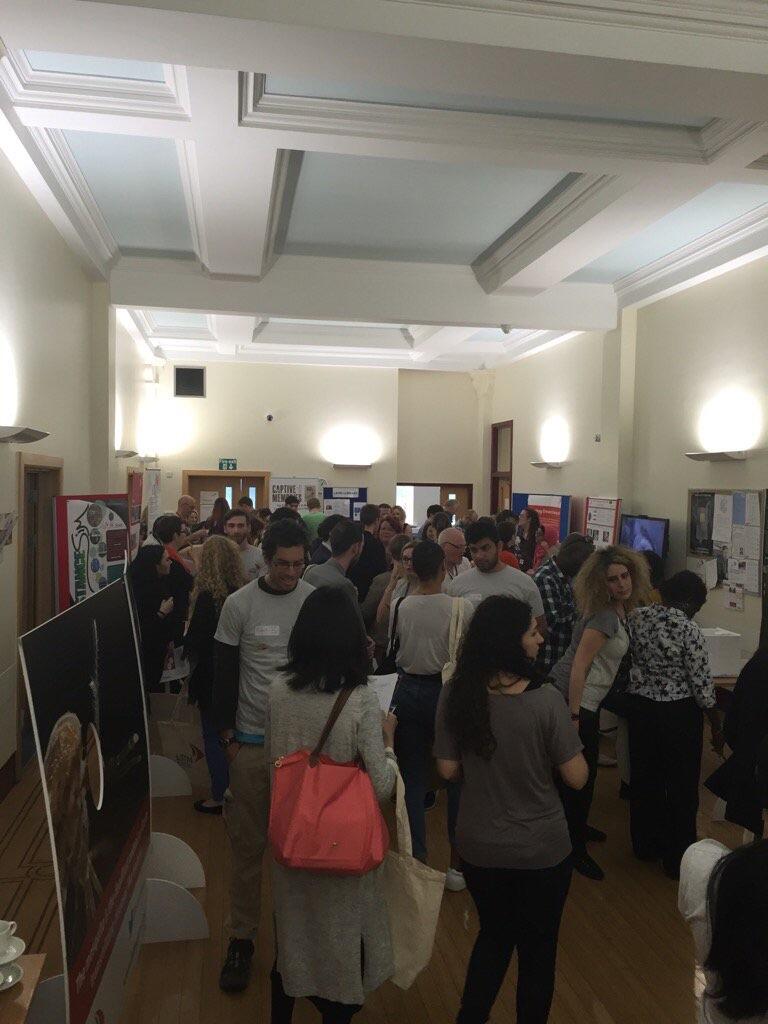
Potential students were welcomed by Michael Lurie, LSTM’s Director of International Education and Knowledge Exchange who introduced them to LSTM and the different postgraduate courses and programmes of study available, as well as talking through a number of funding opportunities.
Visitors were given the opportunity to talk to researchers and educators as well as current and previous students about their experiences of studying at LSTM. There were a number of demonstrations from research staff highlighting the work carried out in the laboratories on site and in numerous countries overseas. They were treated to a display of tsetse flies being given a blood meal, transgenic mosquitoes and an opportunity to experience Resistance Sim, a new game designed as a learning tool for those who are responsible for disease control programmes in developing countries.
LSTM’s team of STEM ambassadors then took the prospective students on tour of LSTM, visiting the main teaching laboratory, The Dagnall, which is about to celebrate its centenary along with the state-of-the-art laboratory and insectary facilities in LSTM’s Centre for Tropical Infectious Diseases. Joining the prospective students for the demonstrations and tours was a group of 40 pupils from Life Sciences UTC School in Liverpool, the first school in the UK specialising in science and healthcare for 14-19 year olds.
Michael Lurie was delighted with the feedback received for the open day. He said: “The afternoon was a great success, providing an opportunity for prospective students to discover more about our courses and research options and, most importantly, giving them the chance to talk to teaching staff and current students and alumni about their experiences of studying here. LSTM is the oldest institution in the world dedicated to research and teaching in tropical medicine and offers an excellent and supportive learning experience. I hope that those who came along gained a true insight into how we can help them achieve their goals, gain an excellent post-graduate education and go on to carry out potentially life-saving research and work that will benefit people all over the world.”